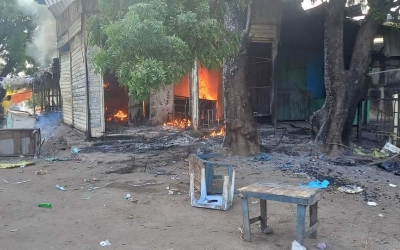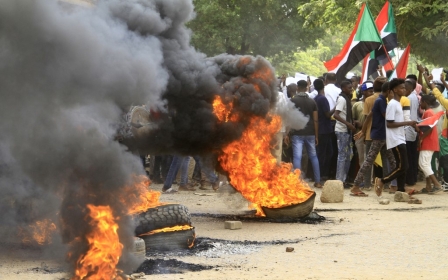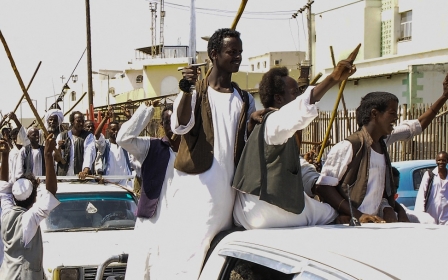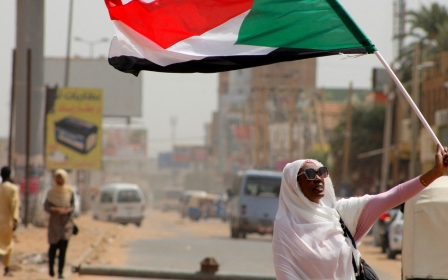Sudan: Hundreds killed in 'atrocities' as tribal clashes rage in Blue Nile
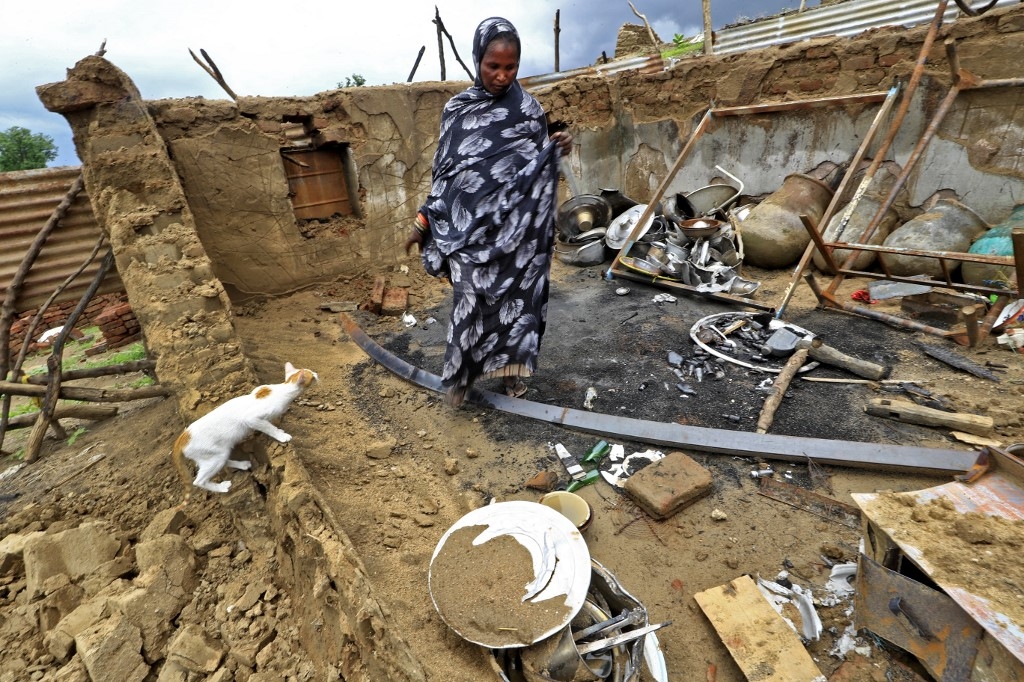
Tribal clashes over the past two weeks in Sudan's Blue Nile state, which borders Ethiopia, have left hundreds of people dead.
The continuing clashes between the Hausa tribe and the Funj community have forced the authorities, who have deployed military reinforcements to the area, to declare a state of emergency, with tens of thousands of people in the region now displaced.
On Friday, the local health ministry said that around 233 people had been killed and 217 injured, while the Ministry of Culture and Information put the number of dead at 267 and those injured at 228.
The United Nations put the death toll at around 250, with more than 500 injured.
At least 100 people were killed in similar clashes between the two communities in July.
Gamal Nasser, Blue Nile's health minister, has urged the central government and aid organisations to intervene to evacuate the injured and provide medical and humanitarian assistance to civilians.
"We need help from the central government to evacuate the injured using planes instead of ambulances," said Nasser.
With the violence continuing, some areas are still inaccessible for humanitarian assistance.
Medical sources and volunteers say the numbers of dead are much higher than reported as citizens buried their relatives without coming to morgues, while bodies are still stranded in some areas.
"The death toll is increasing every day, and we estimate that at least 300 have been killed so far," Ahmed, a doctor at Ed Damazine hospital, told Middle East Eye.
"There were atrocities committed in different parts of the Blue Nile State according to the kind of injuries and deaths that we received at the hospital," said Ahmed, who preferred not to give his surname for security reasons.
"People were targeted in the head or chest by live bullets, but there are other injures and killings with knives, axes and machetes."
'Government involvement'
Witnesses and activists also confirmed that many bodies were still stranded in some areas, and injured were still waiting to be evacuated, especially in the Wad al-Mahi area, on the eastern bank of al-Rosaris lake, near its dam.
Witnesses told MEE that mass atrocities had begun in the village of Wad al-Mahi on 13 October, and that there had been massacres in the towns on the two banks of the al-Rosaris lake.
'The killings were brutal, with axes and machetes. We collected around 165 bodies from one site'
- Witness in Wad al-Mahi
"We saw a lot of atrocities in Wad al-Mahi, in the towns one to seven, which are located on the eastern bank of the dam," one of the witnesses in Wad al-Mahi told MEE.
"The violence was massive, especially in town four, as the killings were brutal, with axes and machetes. We collected around 165 bodies from one site in town four."
Another witness said government forces and militias had been involved in the fighting.
"We think there is evidence of the involvement of the government, former rebel groups and militias in this conflict, as heavy weapons have been used, and we also tested this through [examining] the severed parts of the victims' bodies," the witness said.
A volunteer at Ed Damazine hospital, who wished to remain anonymous, told MEE: "Burning, slaughtering and other types of brutal killings have appeared in this cycle of violence, which is new in a state that has witnessed historical coexistence, even during the civil war in the region."
Humanitarian disaster
Nasser, Blue Nile's health minister, said more than 50,000 people have been displaced within the state and into neighbouring localities and states.
Taking the period from July, the United Nations Office for the Coordination of Humanitarian Affairs (OCHA) said at least 70,000 people have been displaced.
In its report, the UN said: “Conflict and violence were reported in Dam town eight and nine in the Geisan locality, and at least 4,000 people were displaced to Ed Damazine town and are reportedly sheltering in three schools and one youth centre in the south of the town.
"The conflict and violence spread to Kurmuk locality, where protesters reportedly burned down government buildings supporting the demonstrations in Ed Damazine.
"Humanitarian partners continue extending life-saving assistance to affected people they can reach. At the same time, humanitarian partners still do not have access to some areas including the Wad al Mahi locality due to the ongoing conflict and violence," it added.
The Hausa, on one side, and the Funj community, which contains the tribes of Birta, al-Hamaj, al-Angasana and Gomoz, have traded accusations over responsibility for the attacks against civilians.
Middle East Eye delivers independent and unrivalled coverage and analysis of the Middle East, North Africa and beyond. To learn more about republishing this content and the associated fees, please fill out this form. More about MEE can be found here.


